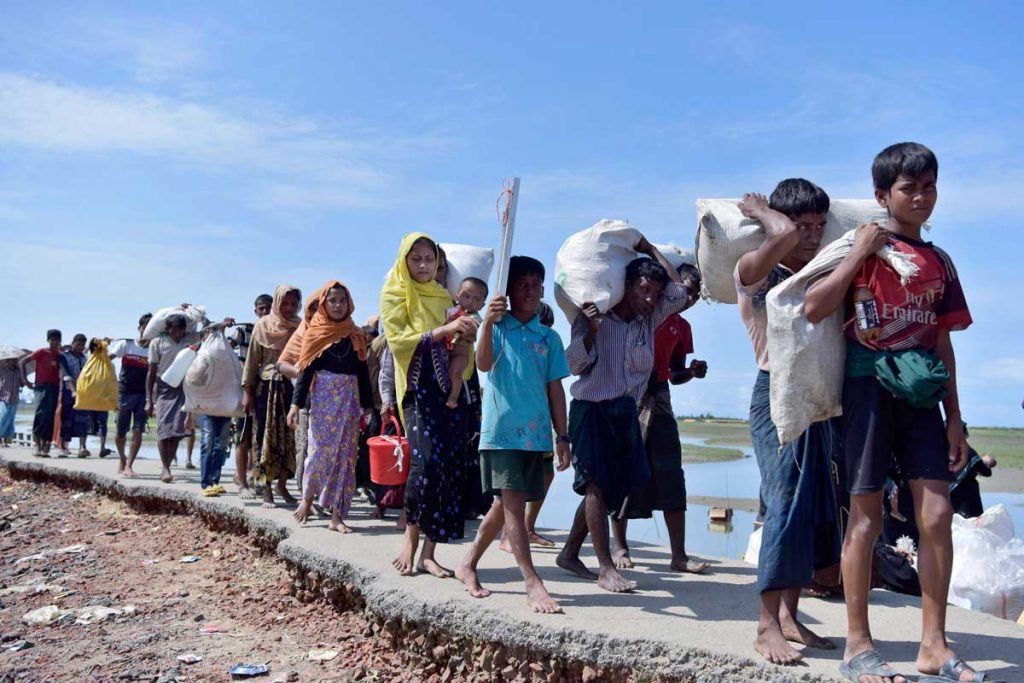The global refugee crisis is one of the most pressing issues of our time. According to the United Nations, there are more displaced people in the world than ever before. As violence, war, increased persecution and weather-related disasters force tens of thousands of people to flee their countries every day, it is imperative that the international community acknowledge World Refugee Day and strengthen our resolve to stand with host communities and refugees.
The plight of refugees is undeniable. We hear countless stories of people fleeing unspeakable violence in their home countries only to then face trying conditions in refugee camps with insufficient food, water and basic services.
Little attention is paid, however, to the host population—in places like northern Uganda and Bangladesh—where a sudden influx of refugees can bring new challenges to already poor and struggling communities. On World Refugee Day, I recognize their challenges, too.

Rising Prices and Scarce Resources in Bangladesh
I was recently in Bangladesh visiting refugee camps that are now home to over 700,000 Rohingya people who fled unspeakable violence and persecution at the hands of the Burmese military. I had seen photos in the news and heard accounts of what is was like, but nothing could have prepared me for the conditions.
I was struck by just how gravely the influx of refugees has affected host communities in Cox’s Bazar, making daily life all the more challenging. For example, the cost of commodities like rice and vegetables continue to skyrocket, and cooking fuel is increasingly expensive and scarce. Many Bangladeshi children—88% in some communities—have had to leave school to work so their families can survive. Their parents cite rising food prices and the need for additional household labor to offset the increased expenses of daily life.
Food Insecurity and Conflict Persist in East Africa
Ongoing conflict and protracted food insecurity in South Sudan have caused over 1 million people to flee to northern Uganda. This mass migration has put profound strain on the already fragile communities in northern Uganda, which have suffered their own droughts and food shortages. Tensions and conflict are flaring among ethnic groups and between refugees and residents who are competing for scarce resources.
Refugee and Host Community-Led Solutions
AJWS is proud to support refugees in great need and the host communities who generously welcome them. We provide humanitarian assistance to host communities and refugees alike in northern Uganda, including the distribution of food, medicine, and the provision of psychosocial support. We are also supporting programs that aim to reduce conflict and promote social cohesion among groups where tensions exist.
In Bangladesh, a local partner supported by AJWS is operating learning centers in the most impoverished host communities in Cox’s Bazar, modifying curriculum to ensure that students who must earn income for their families can also attend school.
I continue to be inspired by the resilience of both refugees and host communities despite increasingly challenging circumstances. It is imperative that we recognize the extent to which the presence of refugees can affect local host communities, and therefore, aid to both populations must be prioritized.
AJWS’s work in countries and communities changes over time, responding to the evolving needs of partner organizations and the people they serve. To learn where AJWS is supporting activists and social justice movements today, please see Where We Work.

